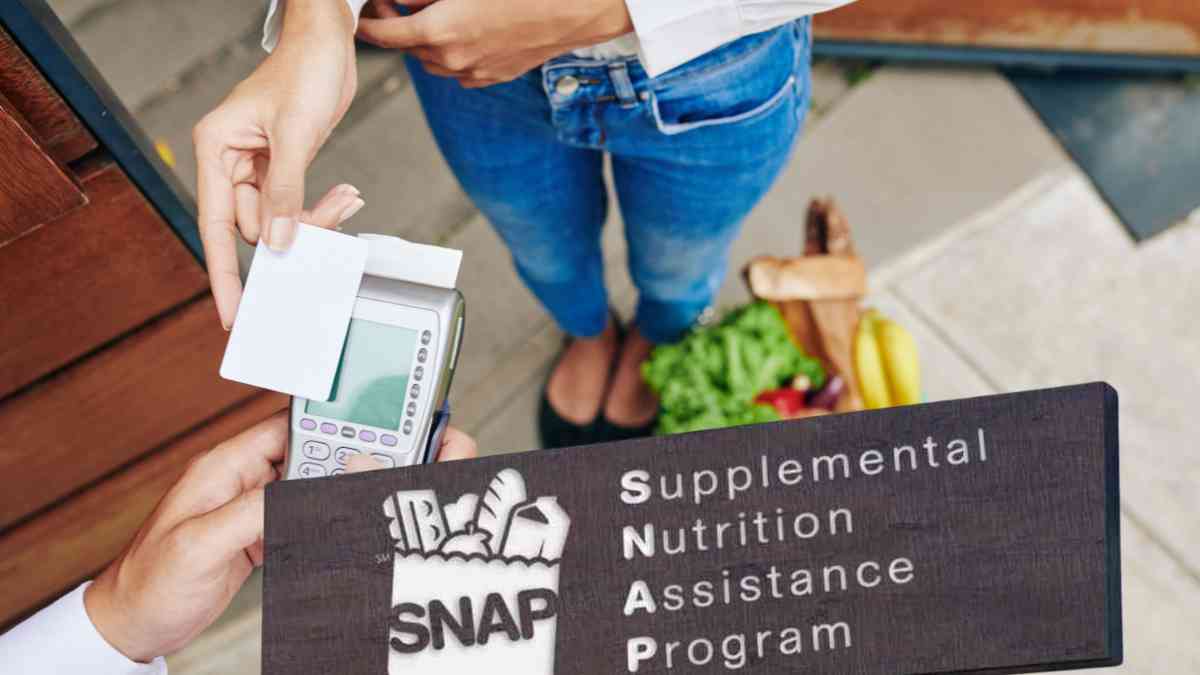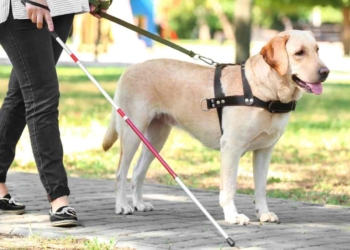USDA and the Food and Nutrition Service will ensure all SNAP recipients aged 18-54 either work for 80 hours per month or get an exemption. If you do not meet these specific work requirements, you can only receive Food Stamps for three months in a period of three years. This is known as the Able-Bodied Adult Without Dependent (ABAWD) time limit.
However, there are also alternatives if you cannot find work in the State you are currently living. No doubt, this is not the only requirement to get SNAP benefits if you are aged 18-54. Of course, there are income and resources limits and you will also have to meet general work requirements.
Alternatives to work to get SNAP
If you cannot find work for 80 hours per month, you could also choose to participate in a work program authorized by USDA. It must also last for 80 hours per month. For example, you could take part in the SNAP Employment and Training work program. It could be a work program at the local, state, or federal level.
Combining work and training suitable for SNAP rules is another choice. Again, it will have to be at least 80 hours per month. The last possibility will be to take part in workfare.
This workfare must be for the number of hours the SNAP office assigns you. It may vary depending on the amount of your monthly SNAP benefit payment. If you think you could get an exemption, check all the possibilities below.
Who is excused from the ABAWD time limit for SNAP?
Americans on SNAP benefits who have a qualifying disability are excused from the ABAWD work requirement and time limit. If you are pregnant, you will not need to meet this requirement either, but make sure you report it as soon as you know you are pregnant.
Having a child under the age of 18 in your household will allow you to get an exemption as well. People who are automatically excused from the general work requirements do not have these specific work requirements either.
Veterans are also exempted from this ABAWD work requirement and time limit. Those citizens who are experiencing homelessness also get exemptions. Last but not least, if you are age 24 or younger and in foster care on your 18th birthday, you are also excused.







